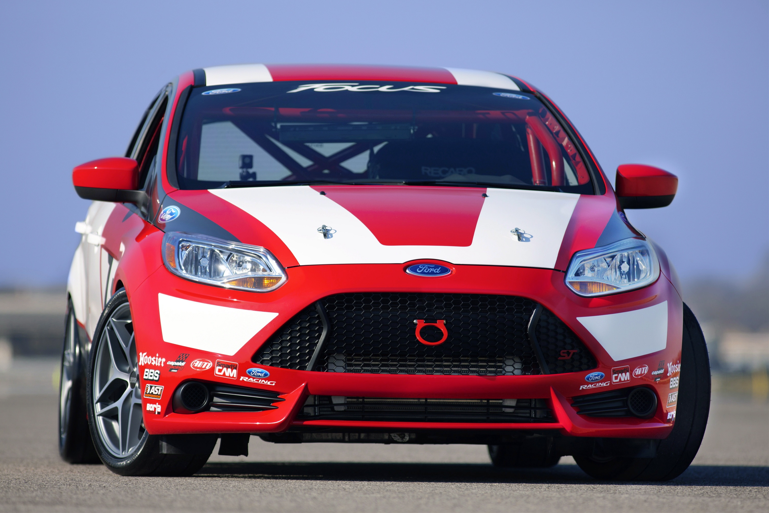Turbocharging the environment


What word leaps to mind when you hear “eco-friendly car?”Probably “electric”, “hybrid”, “small”, “lightweight”. Maybe even “carbon fiber” (yes that’s two words wise guy) “hydrogen” or “solar-powered.”
Try this one: “turbocharger”.
While the average treehugger might associate the turbocharger with loud, souped-up, environmentally obnoxious cars, the fact is that a turbocharger – known for making cars more powerful - can improve the fuel efficiency of an internal combustion engine.
Turbochargers force compressed air into the engine’s cylinder, which creates more room for fuel and delivers more bang when the air/fuel mixture ignites.
Exactly how much more mileage the technology delivers seems to be a matter of debate, or perhaps of how you deploy it.
"A diesel engine fitted with a turbocharger can go 40 percent further and a gas engine 20 percent further on a liter of fuel,” according to a Reuters story. For instance, the article notes that a turbocharged 2012 Ford Explorer gets 23 miles per gallon, compared to 20 mpg for a non-turbocharged version.
Wait a minute. Twenty-three mpg is 15 percent better than 20 mpg. Sounds good, but it fall shorts of the 20 percent claim. Twenty percent seems to be the maximum, not the norm.
"The turbocharger is a green technology in the sense that it's helping cut emissions and raise fuel economy," Honeywell Turbo Technologies vice president Craig Balis said in the Reuters piece. "It's a critical component to get more fuel efficiency out of the engine." Honeywell is the world leader in turbochargers, according to the story. It supplies them to BMW, Volkswagen, Renault, General Motors, Mercedes and others.
What are others saying? The website Autospeed notes that in an Australian test, a turbocharged Skoda 2.0 FSI used 8.1 liters of fuel per 100 kilometers, compared to 8.5 liters without a turbocharger. That’s an improvement of 5 percent, which is well below the 20 percent mark. The test also showed a 5 percent reduction in CO2 emissions.
Whether the fuel improvement is 5 percent or 40, there does indeed seem to be something environmentally friendly about turbochargers.
Or are the turbocharger folks just blowing smoke? That’s an apt euphemism by the way, because turbochargers have another quality that should please environmentalists: they make use of a car’s flowing exhaust, which spins turbine blades that in turn operate a compressor that forces in the air that basically fans the flames of ignition.
Turbochargers aren’t even directly responsible for the window-rattling noise coming from your pistonhead neighbor’s driveway – you can thank his exhaust modifications for that.
The turbocharger movement is one more example of how the internal combustion engine is fighting back against electric cars and other glamour pusses that would unseat them in an increasingly environmentally conscious market. Recent reports from China and the UK note that consumers prefer internal combustion improvements over EVs.
One experimental car maker, Automotive X Prize winner Edison2, has reported that the new electric model of its Very Light Car actually weighs more than its internal combustion edition, although even with the extra weight, the electric version gets three times the mileage of its fossil fuel sibling.
Of course, turbochargers add cost and price to a car, but only hundreds of dollars – negligible when compared to the premium of buying electric.
On the environmental downside, there’s a hazard that consumers will get lulled into carrying on with a fossil fuel habit that would continue expanding the planet’s carbon footprint, even if internal combustion engine technologies become more efficient. An “efficient” turbocharged 23 mpg Ford Explorer is still an eco disgrace compared to ambitions of 100-mpg equivalence on newfangled electric cars.
To paraphrase an old song: will the turbocharger kill the electric car star?
Photos: Ford. Diagram: Snoopy260909/Wikimedia Commons
Related Posts:
X Prize winner Very Light Car gains weight, goes electric
This post was originally published on Smartplanet.com